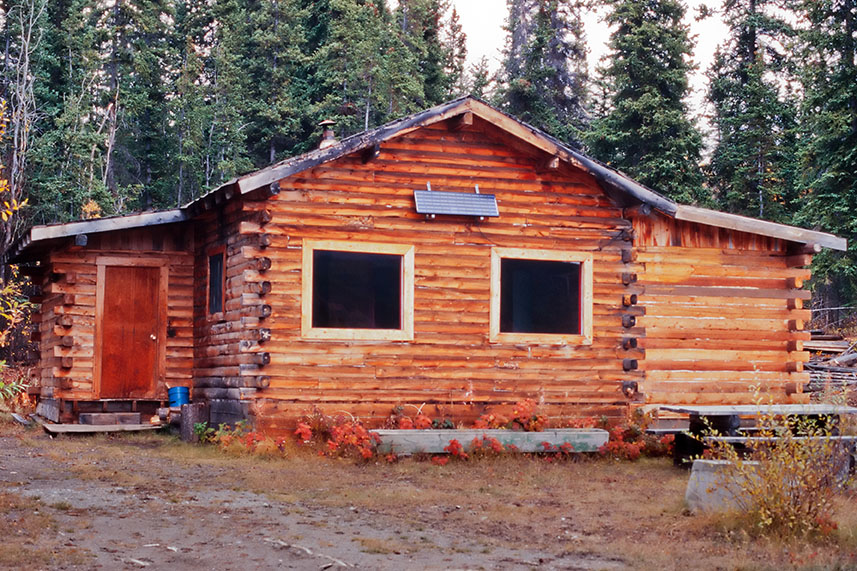The definition of “off-grid” living varies around the world.
Off-grid living can be defined in more ways than one, but something that remains static through each definition is the ability to access electricity through non-traditional resources. Living “on-the-grid” generally refers to the power grid, which can be found in major cities and towns, and provides electricity to homes and businesses by way of power lines and cables. This energy is paid for on an ongoing basis, and can be quite costly.
In some locations, on-grid living isn’t an option. Small villages and remote lodgings look for alternative ways to refrigerate food and turn on the lights. This is where we come in. At Aldelano, we recognize that not every family has access to the things which many of us take for granted each day, and we want to fix that.
Lifestyle Choices vs. Lack of Resources
Getting off-grid is a choice for some, allowing families to remove themselves from the financial strain and politics that come through the use of public utilities. These individuals may choose to drink well water, apply solar panels to homes, and use geothermal generators to live freely in rural settings.
For others, off-grid living is not a choice, but an unfortunate reality based on circumstance and location. These individuals live in countries or towns where electricity, fresh running water, and other luxuries are nearly impossible to come by. Countries such as India, Nigeria, Bangladesh, Ethiopia, Tanzania, Kenya, Afghanistan, Sudan, and more have areas where there is no access to public utilities.
Conveniences in an Inconvenient World
The struggle to provide water and fresh food to people who go without is a very real one. Here at Aldelano we see how difficult it is to implement long lasting resources for those who need them most, and we have created a solution. Our Solar ColdBox and Solar WaterMaker, make it possible for even the most remote off-grid locations to chill meat, produce, and dairy, and more importantly, produce fresh drinkable water.
Drawing power from the sun through the use of pre-installed solar panels, our refrigerated containers continue to chill food long after he sky has gone dark by using stored energy. Meanwhile, our atmospheric water generators collect moisture particles in the air, converting them into 50 gallons of fresh drinkable water each day.
The cost of running a solar cooler, outside of the initial purchase, is little to nothing. With no additional operational fees to worry about, and no need to pay a power bill or buy batteries and fuel, this equipment becomes a conveniently sustainable resource to those who need it most.
Our company works within a number of different industries, supplying off-grid cold storage and water generators for a variety of purposes. Whether you want to bunker down in a small cottage in Colorado, or you live in an area where electricity doesn’t come cheap, we can help.

